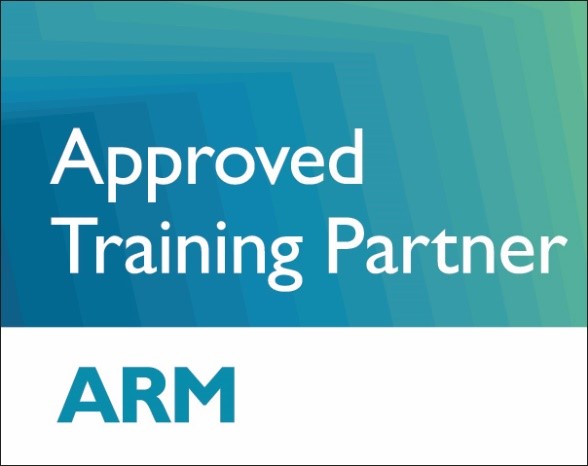
Altera FPGA Architecture & Design
Course Objectives
This course provides all theoretical and practical know-how to design programmable devices of Altera with Quartus Prime software.
The course combines 50% theory with 50% practical work in every meeting.
The practical labs cover all the theory and also include practical digital design.
The course starts with an overview of the current programmable logic devices and their capabilities, continues with an in-depth study of the architecture and its various features,
coding for synthesis, using the synthesize and Place & Route tools.
The course also touches upon digital design considerations, adding constraints, integrating IP, timing simulation, FPGA programming, and verification.
In addition, the course covers the different tools in Quartus Prime software that assist with design and analysis process.
The course combines 50% theory with 50% practical work in every meeting.
The practical labs cover all the theory and also include practical digital design.
The course starts with an overview of the current programmable logic devices and their capabilities, continues with an in-depth study of the architecture and its various features,
coding for synthesis, using the synthesize and Place & Route tools.
The course also touches upon digital design considerations, adding constraints, integrating IP, timing simulation, FPGA programming, and verification.
In addition, the course covers the different tools in Quartus Prime software that assist with design and analysis process.
General Information

Prerequisites
VHDL/Verilog beginners and advanced users who are new to Altera FPGAs.

Duration & Attendance
5 days

Target Audience
Hardware engineers who program with VHDL/Verilog languages and would like to be specialized with Altera FPGAs and Quartus Prime software
Additional Information

Teaching Methods & Tools
- Simulator: Modelsim
- Synthesizer and Place & Route: Quartus Prime
- Course book (including labs)

Evaluation & Certification
Certification is provided to each attendee

